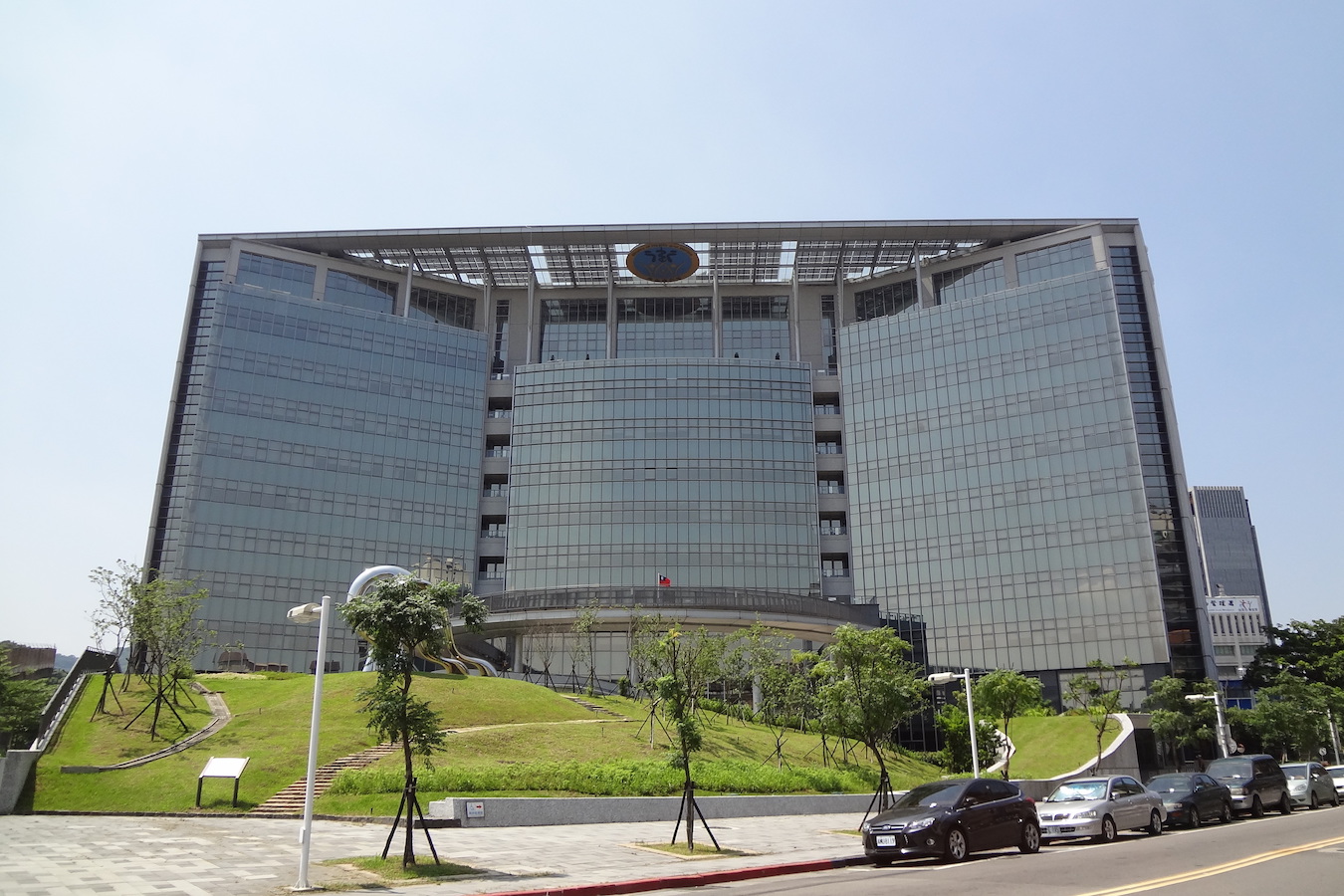by Brian Hioe
語言:
English
Photo Credit: Rob Young/WikiCommons/CC BY 2.0
MINISTER OF HEALTH and Welfare Hsueh Jui-yuan said in comments to the media earlier this week that the Ministry of Health and Welfare (MOHW) would propose draft amendments to existing laws to legalize surrogacy in Taiwan. This would make it easier for same-sex couples and single women to have children.
Hsueh stated that this was not planned as a policy change, but that the rising number of gay couples after the legalization of gay marriage made it necessary to consider this shift. However, at present, an evaluation of technical issues is underway. Taiwan will need to develop institutions and agencies for surrogacy if legal changes proceed.
To this extent, Hsueh stated there will be a need to seek social dialogue and consensus on various related issues before proceeding. The MOHW is likely to consult women’s groups and other civil society groups in drafting its laws.
It is possible but relatively unlikely that there could be pushback from Christian anti-gay groups, who view legalizing surrogacy as another step the government has taken away from traditional marriage structures, after the legalization of gay marriage. Nevertheless, such groups have had significantly reduced momentum after the legalization of gay marriage, as compared to the period immediately prior to the legalization of gay marriage. Such groups have, likewise, focused fire on the issue of trans rights, in line with the global conservative pushback against trans rights.
That Taiwan had no surrogate system pushed many individuals who wished to be parents to travel to other countries. Though Thailand bans surrogacy for non-nationals, this led to some fake marriages in the past.
Furthermore, while surrogacy is legal in the US, children born in the US have faced issues traveling to Taiwan with their identification documents. This was an issue further accentuated by the effects of COVID-19. Either way, traveling abroad for surrogacy added to the difficulties and costs, making it challenging for all but a few to embark on the process.
 The Ministry of Health and Welfare building. Photo credit: Solomon203/WikiCommons/CC BY-SA 4.0
The Ministry of Health and Welfare building. Photo credit: Solomon203/WikiCommons/CC BY-SA 4.0
The lifting of the ban on surrogacy that has historically existed in Taiwan has been primarily framed as a measure enacted after the legalization of gay marriage. Nevertheless, this takes place at a time of low birth rates in Taiwan, with Taiwan having among the lowest fertility rates in the world. While this will make it easier for single women who want to have children, it is to be seen whether there will be barriers as a result of the lack of equal access to medical resources that women sometimes face in Taiwan.
But one notes how a number of obstacles remained for same-sex couples after the legalization of gay marriage in May 2019. For one, transnational gay marriages could only take place between Taiwanese and individuals from other countries that have legalized gay marriage. After many years of advocacy, particularly in light of the separations that occurred because of border restrictions during the COVID-19 pandemic, this barrier was finally lifted in January 2023. Nevertheless, it continues to be an obstacle for same-sex couples in which one member is from Hong Kong, Macau, or China, given that the ROC framework means that these places are not technically part of another country.
Furthermore, couples could not jointly adopt children unless that child was the biological child of one of the members of that couple. This restriction was only struck down in May of this year.
As such, then, the legalization of surrogacy in Taiwan can be seen as remedying previous restrictions that persisted even after the legalization of gay marriage. But there may continue to be a number of pitfalls that need to be navigated in terms of the legalization process, in that in the absence of notable public will to legalize surrogacy, it is possible that the issue remains on the back burner.
Yet elected politicians may be pressured to try and speed up the process if it becomes a campaign issue in the 2024 elections. At least Ko Wen-je has called for the legalization of surrogacy, even if Ko has stated that he personally opposed the legalization of gay marriage and is otherwise known for a number of misogynistic comments. It is to be seen if other candidates embrace this stance as well.

